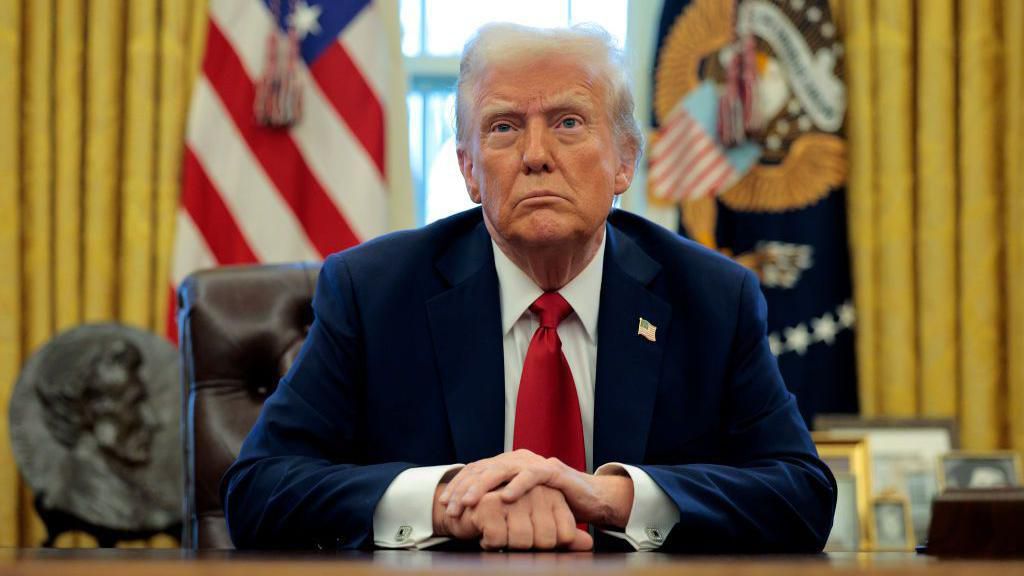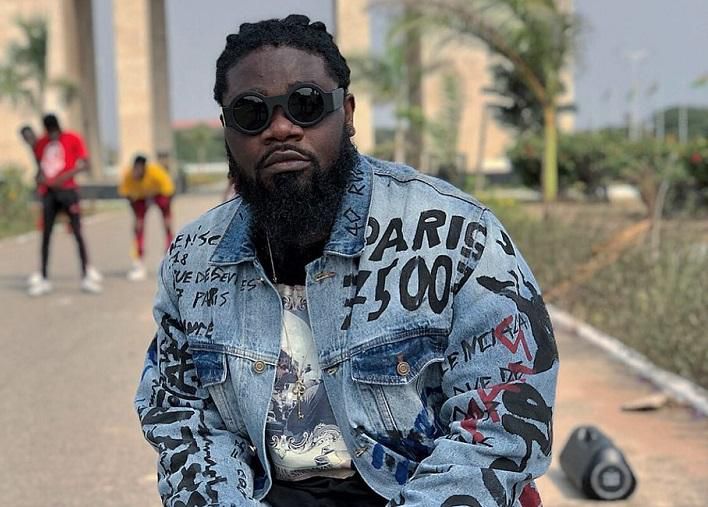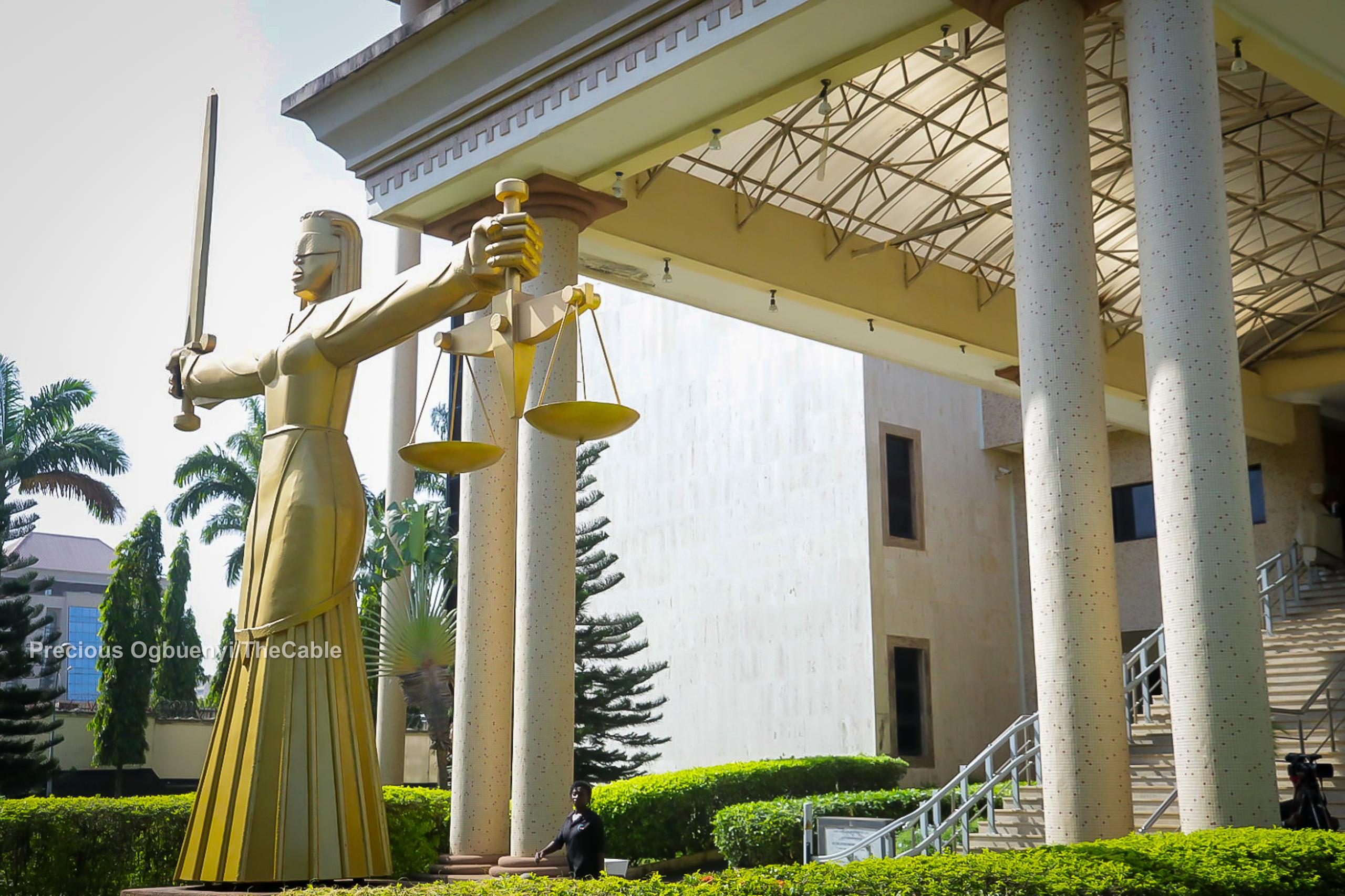The amazing nexus of jazz and rock - by Joel Harrison
Hendrix may not have been a jazz player per se, but he changed jazz music. He had as much influence as a non jazz-musician could possibly have on jazz. I’m not one for rigid definitions, but if you listen to the song “Machine Gun,” you hear one of the greatest improvisations of all time. Miles Davis picked up on what Hendrix and Sly Stone were doing and completely changed his approach with Jack Johnson, Bitches Brew, etc. Nothing in jazz has been the same since.
Players like John McLaughlin, Pete Cosey, Coryell, Eddie Hazel were hugely moved by Jimi. Soon after Miles came a number of the greatest bands of all time, ones that we have labeled with the rather unfair label of “fusion.” Actually everything is fusion. But I get it— the label that is. Weather Report, Mahavishnu, 11th House, Soft Machine, all era-changing. These were the mirror of Steely Dan—jazz bands that were unapologetic in including funk and rock sounds.
We must mention Frank Zappa who is sui generis. He definitely knew a lot about jazz and classical music as well. This guy was as well-educated as a musician could be, and let’s recall that he never really went to school.
And Stevie Wonder. I don’t need to say anything about this genius. Much of what we know about pop music today begins and ends there.
Allan Holdsworth, and later Robben Ford picked up on all this. Buzz Feiten, still with us, was one of the founders of this idea, he played with Paul Butterfield at Woodstock at the age of 16 and then formed a terrific group called Full Moon. (More on him in a later post). He is one of only 2 people Stevie Wonder hired to play a guitar solo, the other being Jeff Beck. Mike Stern is a pre-eminent example of this union, although he never played pop music. He did bring Jimi Hendrix into bebop though.
Notice that in virtually every everybody I’ve mentioned so far, the music is coming from the Jazz side. Very little pop music has ventured deeply into the world of jazz. The motherlode of this connection comes with the original jam bands, as we now call them, the Grateful Dead, the Allman Brothers, Cream, featured guitarists who loved jazz, even if they did not know the language. They listened to it, they approached their improvising from that open ended, exploratory perspective. It made all the difference. That’s one of the reasons that we keep listening to Jerry Garcia.
It goes back to drummers, too—those who are trusted with the heartbeat of the music. All of the original so-called “jam bands,” in fact, most of the seminal rock bands, had a drummer who worshiped jazz.
I met a few of these drummers, Butch Trucks, Mitch Mitchell. I made sure to ask them how important jazz was to the foundation of their music. The answer was always “incredibly important.” Jaimoe, from the Allman Brothers, once said to me, “All American music is jazz.” That’s a remarkable statement. Charlie Watts, Ginger Baker, John Bonham, Bill Kreutzman, Philip Wilson from Paul Butterfield’s band, their heroes were Art Blakey, Max Roach, Elvin Jones.
From Butch Trucks:
“We were either listening to jazz or Robert Johnson, the old blues man, but not to our peers. One that really caught me was Joe Morello, he was the first drummer I ever saw that could do a role with one hand.”
When these drummers came to New York, they went to the Village Vanguard, not…CBGB’s. The one time I met Mitch Mitchell he asked me with great seriousness where he should go to hear jazz when he got to New York on his current tour. He hadn’t been in New York in a long time so he was a bit out of touch.
Why does this matter? FEEL!
The concept of “feel” in a band is paramount. How the beat feels. In jazz the swing feel is (or was) everything. In blues “feel” is everything. Feel is important in rock music too. At least it used to be. Now some sort of deep analysis is possible here. I could go on for pages and pages about what the concept of “feel” means. But I want to try to put this as succinctly as possible.
There is the key. When I studied African music in my 20’s, I understood the music I loved in America in a far more profound way. I realized where the rock beat came from. And I realized that the rock beat came through jazz, specifically from the 12/8 rhythm that got somewhat rounded off into the 4/4 swing feel of jazz. And not just those 12/8 rhythm—even the 4/4 grooves that I learned from West Africa had a lift, a hint of mystery, yes, an intoxicating “feel” that was an elixir to my soul. To wax poetic for a moment, these rhythms felt like they bore me aloft. Meanwhile, in the dumbing down of the American beat, one feels more stepped on than lifted.
“Feel…” it’s why the Motown beats still bring us such joy. It’s why James Brown, Parliament, Stevie Wonder, do the same. I assure you that the drummers in those bands knew plenty about jazz. In the 1960s, there were still a connection to the founding African-American musicians of our continent. There was a connection to the music of the 20’s 30s, and 40s, and that music was still connected to its African influences. What we are talking about here, to make it completely obvious, is BLACK music. Which is to me, and those I play with, the
Other famous rock groups from back them with heavy contingents of jazz musicians are Chicago and Blood Sweat and Tears. It’s worth noting that just around the corner was Herbie Hancock’s groups which are spectacularly influential in moving jazz into the funk/ rock era.
There’s very little jazz in any popular music today. It’s rather astonishing. There are great guitar players, who aren’t that well known making this union, like Oz Noy, Adam Rogers, Isaiah Sharkey, Nir Felder, Nels Cline, and Anthony Pirog (to name but a few). But by and large their playing does not appear on any major current pop acts. (Except Sharkey, with John Mayer…)
Of course, there are some bands today that drink from that well. Trey Anastasio from Phish studied jazz history. Jimmy Herring, of course, Meshell Ndegocello, D’Angelo. But, heck, these folks started just about when I did.
Readers, tell me: where does jazz appear in popular music created in the past 10 years? Where are the electronic musicians, the songwriters, the jam bands that truly know the music, aren’t just name-checking “jazz” as an influence? The imprint of jazz doesn’t have to be obvious, it can be subtle. I would say, though, that just because you are endlessly jamming on 2 chords you are not necessarily “influenced” by jazz. Which is something many jam bands do.
What’s at stake here? The increasing irrelevance of history to our citizens. The disinterest in America’s greatest art form, jazz. And maybe even the absence of the Blues. I’m guessing to many younger people the blues and jazz mean nothing. It doesn’t mean there isn’t great music being made. But it lives outside of the paradigm that was so important to me growing up.
I’m no apologist for Jazz. I don’t believe jazz is better than any other music. Jazz can drive me crazy. However, I feel that jazz is critical to understanding American music in the past 100 years. To ignore jazz, especially if you are an improviser, and its immense gifts to the United States of America, to democracy, to the unity of the races, to African American culture, to all music, invites a tunnel vision.
I’ve barely scratched the surface here. There’s more to say!
And speaking of jazz rock, don’t forget about this event June 18 in NYC.
Here are some favorite tracks that ply the waters of “jazz/rock, ” touching upon Latin, funk and all the rest.
Free Spirits: I’m Gonna Be Free (1966)
Few know about this watershed group. Bob Moses, Larry Coryell, Jim Pepper, Chris Hills, Chip Baker. 4 of these people are jazz players all the way. This track is a psychedelic rock blow out. Man, what a time capsule. Sitar by Coryell! I actually have cassettes of live gigs by this group Moses sent me decades ago.
Steely Dan: Do It Again (1972)
A complete steal (in the best possible way) from Horace Silver. Dias’ solo on electric sitar is surprisingly lengthy and discursive for the time. I mean, this was a radio hit!
Gary Burton Quartet: General Mojo’s Well Laid Plan (1967)
In 1967 composer/ bassist Steve Swallow was listening to The Byrds and other West Coast groups. Larry Coryell, all of 23 years old, plays a tuneful, goovy, country/ rock inflected solo.
Full Moon with Buzz Feiten: Malibu (1971)
Check out Buzzy’s solo on this tune. Gorgeous! This was a criminally under-recognized record with the Philip Wilson (from the AACM) on drums.
Miles Davis: Tribute to Jack Johnson (1971)
I guess not much needs to be said about this epic transition in the Miles Davis catalogue. It’s nice to hear the great John McLaughlin play like he’s in a bar band.
Peaches En Regalia: Frank Zappa (1969)
I learned from Steve Swallow that Ian Underwood, who played keys and woodwinds here, was a serious jazz head, trained to the hilt. Zappa erased all boundaries.
Stevie Wonder: Super Woman 1972
To my mind the greatest jazz-infuenced pop track ever. None other than Buzz Feiten on guitar (age 19). It’s not related to rock per se…but it is definitely a merger of R&B, soul, and jazz.











